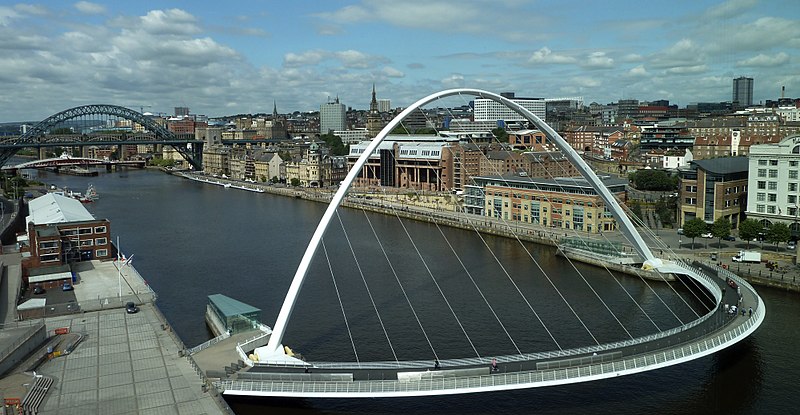The Tory government seems to have lost interest in their scheme to boost the economy of the North of England.
Talk to an English person about their country’s North-South divide and you’ll probably hear some banter about pint prices, pronouncing ‘r’s and interacting with strangers on public transport. But the socioeconomic divide between the two areas is no laughing matter. The North gets less government money for schools, transport and the arts. Northerners have higher unemployment rates, worse school grades and lower life expectancy than their Southern counterparts.
Back in 2014, then-Chancellor George Osborne (remember him?) proposed a solution. He thought he could improve the North's economy by improving infrastructure (particularly rail links), devolving political decisions to newly-created Northern mayors, and getting China to invest lots of money in the area.
Some of this happened, despite Osborne being ousted in 2016. Mayors have been elected in places like Liverpool and Manchester. A partnership of local transport authorities - called Transport for the North - has been set up to “transform the transport system”. And China’s government enthusiastically talks about how the North is part of their ‘Belt and Road Initiative’, a project to build stuff all over the world.
But none of this seems to have had the desired economic effects. In fact, a think tank says the gap between Northern and Southern wages, wealth and life expectancy is actually getting bigger. Some people say that’s because the Conservative government is currently too distracted by Brexit to focus on the Northern Powerhouse scheme.
But others say the government deliberately stopped championing it once they realised that giving money and power to the North mostly meant giving money and power to the opposing political party (Northerns are 12 percent less likely to vote for the Tories than Southerners).
Read our explainer on: government budgets.

